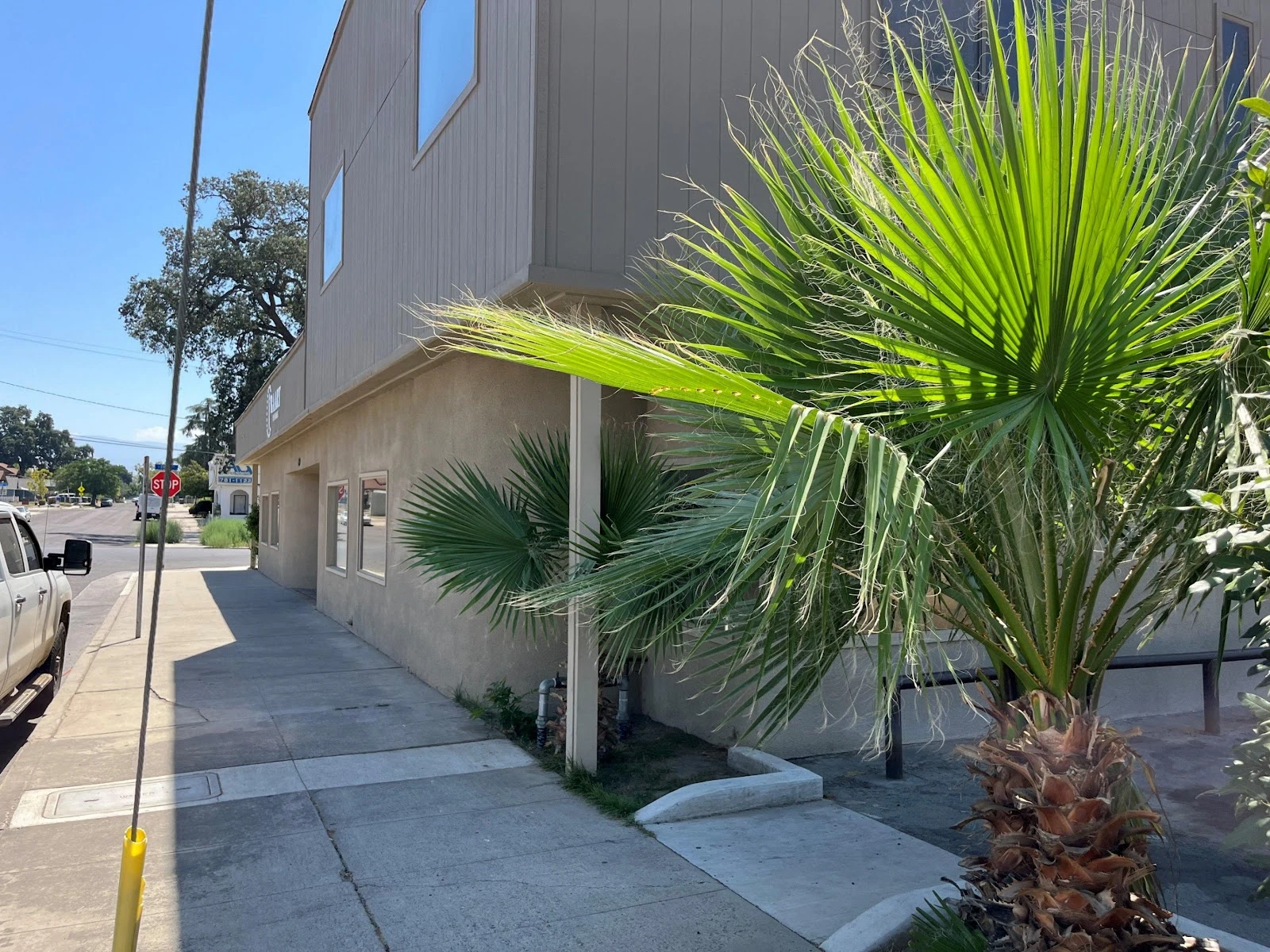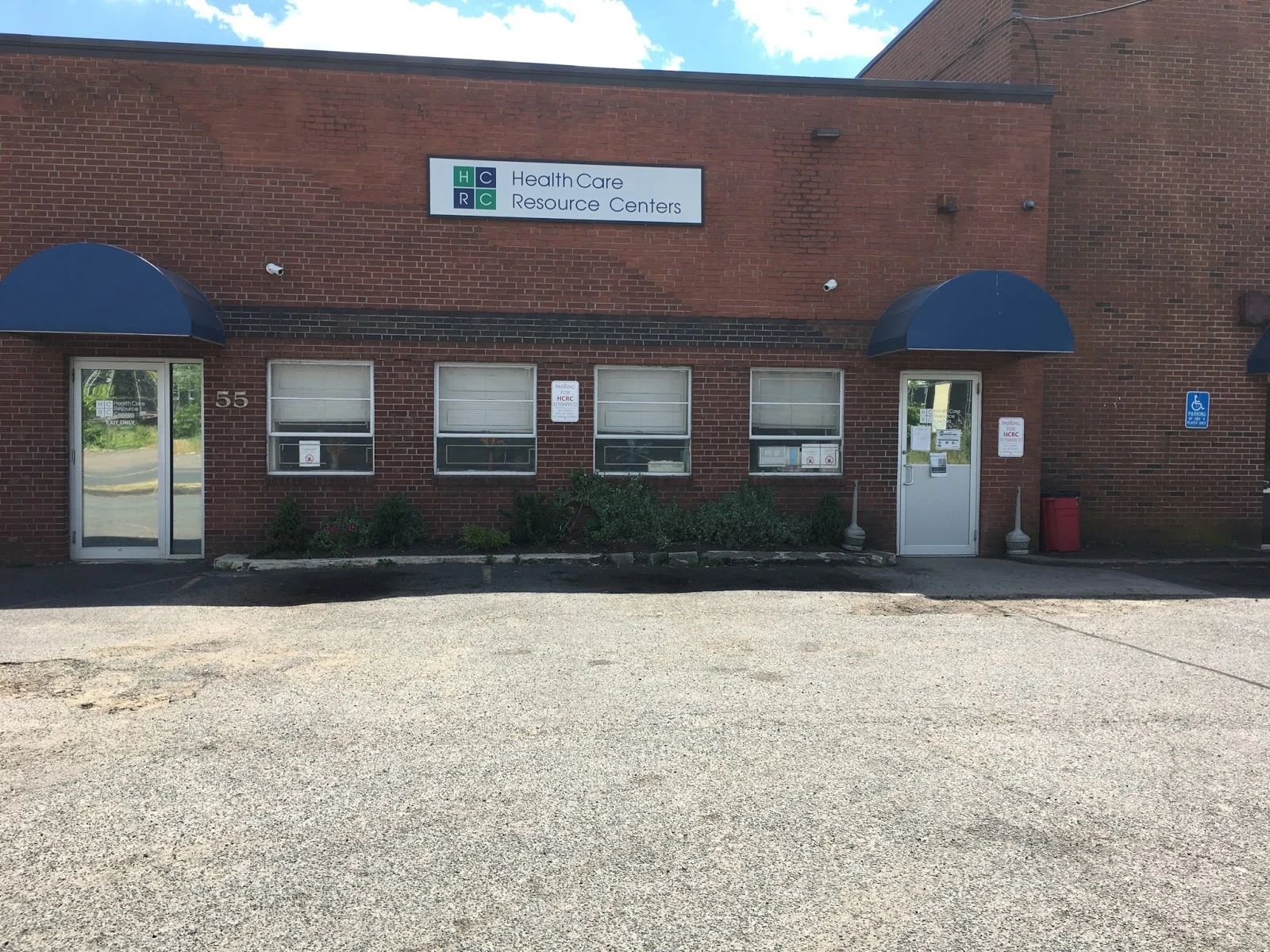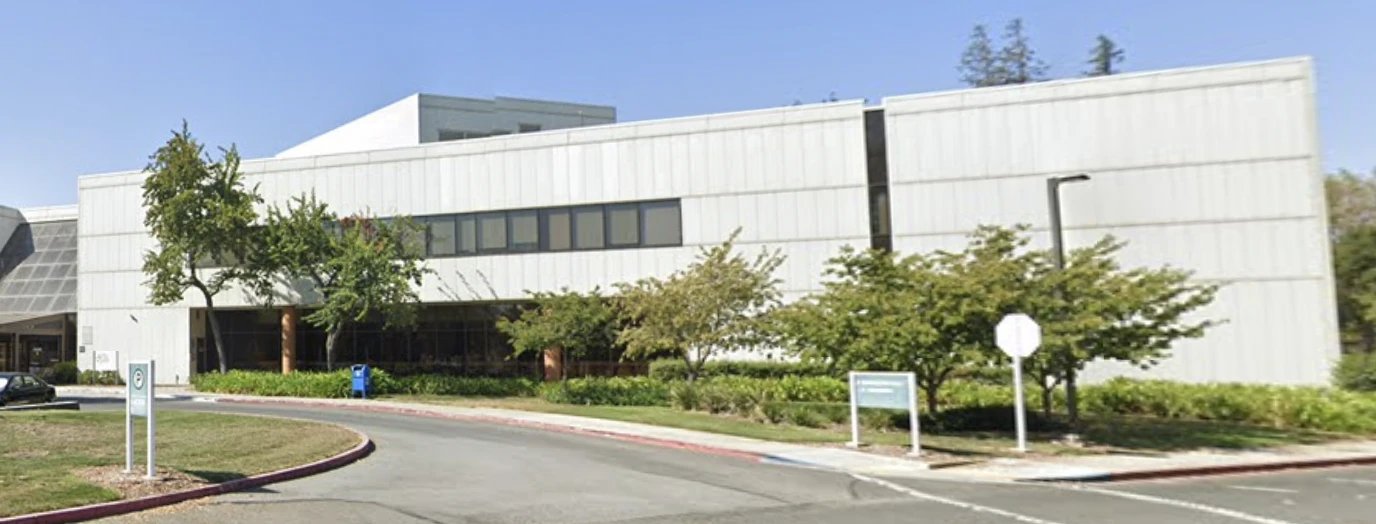BAART Programs, based in Boyle Heights, Los Angeles, CA, offers specialized outpatient therapies for people struggling with opioid addiction, including fentanyl, heroin, and prescription pain drugs. The facility is devoted to provide inclusive care to anybody seeking recovery, regardless of gender or religious affiliation.
The facility provides a wide range of services, including Medication-Assisted Treatment (MAT), outpatient programs, case management, and referrals to community resources. BAART uses a variety of treatment methods to decrease cravings and withdrawal symptoms, including cognitive behavioral therapy, drug use counseling, and MAT. BAART Programs is known for its compassionate, patient-centered approach, which tailors treatment plans to each individual's specific needs. The hospital is accredited by the California Department of Health Care Services, which ensures high quality care.
BAART Programs - Boyle Heights Information
Treatment
Who We Treat
- Male and Female
- Pregnant/Postpartum Women
- Veterans
- Pregnant Women
Treatment Focus
- Prescription Drugs
- Drug Addiction
- Heroin
- Opioids
- Medication-Assisted Treatment
Approaches
- Individual Treatment
- Evidence-Based
- Medical
- Group Therapy
- Motivational Interviewing
- 1-on-1 Counseling
- Medication-Assisted Treatment (MAT)
- Relapse Prevention Counseling
Substances We Treat
- Prescription Drugs
- Heroin
- Opioids
Languages
- English
Aftercare
- Outpatient Treatment
- Recovery Coach
- Employment Counseling
- Continuing Care
- Employment/Vocational Counseling
- Support Meetings
Level of Care
- Outpatient
- Aftercare/Continuing Care
Experience
Smoking and Vaping Policy
- Smoking Allowed in Designated Areas
- Vaping Allowed in Designated Areas
Accreditations
-
State department of health
Government agencies issue State Licenses, granting permission to rehabilitation organizations to conduct their business operations lawfully within specific geographic regions. Generally, the particular rehabilitation programs offered by a facility and its physical location dictate the necessary licenses needed for legal operation.

-
Commission on Accreditation of Rehabilitation Facilities (CARF)
CARF accreditation is a prestigious recognition for rehabilitation and human service organizations. It signifies that an organization meets high-quality standards and is committed to providing top-level care. CARF conducts rigorous evaluations to ensure compliance, enhancing an organization's credibility and reassuring clients and funders of exceptional service quality. This accreditation promotes excellence and continual improvement in the rehabilitation and human services field.

Additional Locations
BAART Programs - Boyle Heights Accepts The Following Insurance Plans
Find the best treatment options. Call our free and confidential helpline today!

















